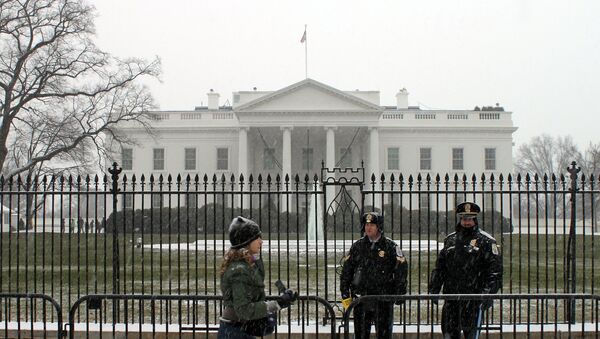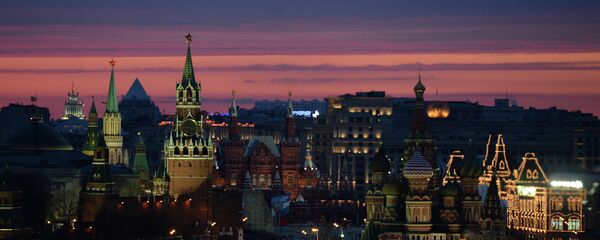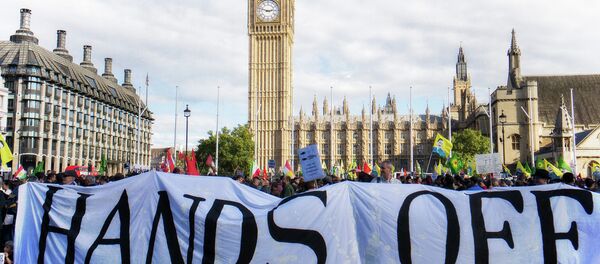MOSCOW (Sputnik), Daria Chernyshova — Mike Hancock said the US will try as hard as it can to do so, but the countries that opt to be in US sphere of influence should realize that the United States always acts according to its own interests.
“I think countries have to be extremely cautious of what, they believe, the Americans will do to support them.”
Earlier on Thursday, Russian President Vladimir Putin said the United States was trying to impose its own model of development, just like the Soviet Union did after WWII.
The political and military crisis in Ukraine prompted some Eastern European countries to increase their military spending. In 2014, Estonia, Latvia, Lithuania and Poland boosted their defense budgets and sought to position themselves as serious contributors to NATO.
“For the American there is no such a thing as partner. I think it is a myth.”
Hancock said that on defensive and economic matters Washington is only interested in what is the best for the United States.
“I think we need to find a way out of this current situation, but I do not see too much effort on the part of the EU in particular, in actually trying to bring a resolution to the idea that sanctions [against Russia] can continue for an indefinite period,” Mike Hancock told Sputnik.
The Western sanctions against Russia are certainly not in the interest of Moscow, nor are they to the benefit of Europe, where many countries are longing to trade with Russia, Hancock said.
The United States is losing interest in Europe, the only thing the country wants from the European Union is the signing the Transatlantic Trade and Investment Partnership (TTIP), a British politician told Sputnik.
“I think that the United States is getting less and less interested in Europe, they will want to sign that new trade deal which is very beneficial for them, but I think it will be very detrimental to some EU countries, including the United Kingdom.”
The TTIP deal is currently being negotiated by the European Union and the United States. It aims to eliminate trade barriers in a number of economic sectors to facilitate trade between the two regions. Once signed, it will become the largest free trade deal in history. Its opponents say the deal would make it harder for European states to regulate their markets.
Hancock however expressed hope that TTIP would not be signed, although admitting that such a scenario is unlikely.
Thousands of Europeans have signed petitions, calling for negotiations on the trade deal between Washington and Brussels to be halted.
Anti-TTIP campaigners say the agreement is being negotiated without due government oversight and could benefit big corporations, not citizens, while also posing a threat to democracy, the environment, consumers and labor standards.




